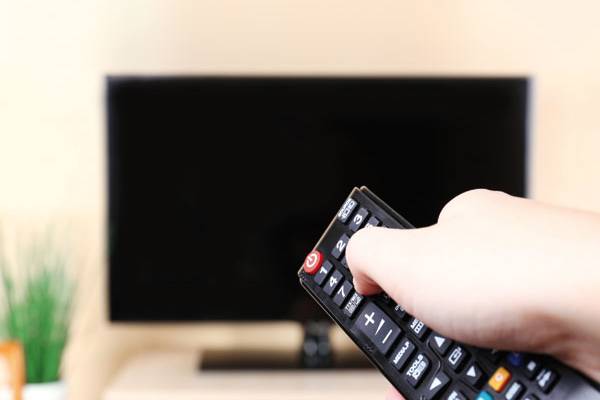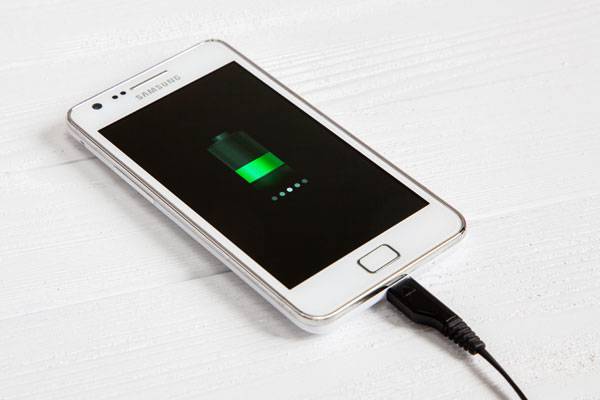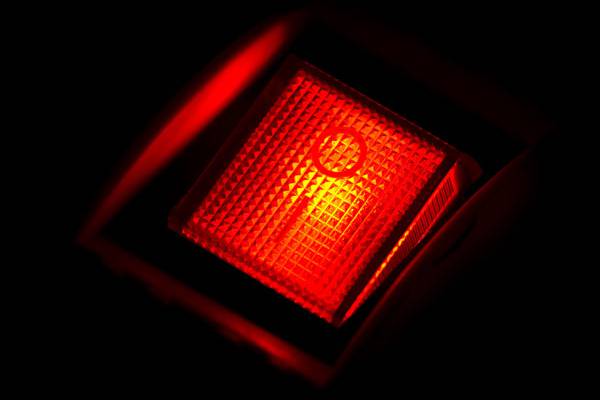Phantom consumption: tips to reduce it at home
Not turning off the television or leaving your mobile charging all night can result in a tall bill at the end of the month. Electrical appliances carry on consuming while they are connected to the electric current, but how can your avoid it?
IT’S ECO, IT’S LOGICAL
Share

Phantom consumption is the energy you use passively, that is, the cost your appliances produce when you are not using them but they are still connected to the electric current. For example, when you switch the television off with the remote control or you leave the computer plugged in although you are not using it.
This happens because electrical appliances have a power supply which turns alternate current into direct current and then transforms it into the intensity and voltage needed for each appliance. This power supply does not switch off if you do not switch the appliance off and therefore it continues to consume electricity.
Microwave, refrigerator, washing machine, laptop, DVD player, televisions, printers, oven, dishwasher... we have increasingly more electrical appliances in our homes and this is why phantom consumption has rapidly increased in recent years.
Electrical appliances have two methods of switching off:
Stand-by: the appliance is connected to the current and can be reactivated quickly.
Off: the appliance can be plugged in or not but it does not consume energy and is reactivated by plugging it in or pressing the switch.
STAND-BY
Stand-by is the type of phantom consumption which is produced when an appliance is standing by, that is, with a red pilot light or the information screen lit up when it is not in use. This option enables to activate the appliances quickly and at any time. The paradigm example is the television: you turn it off with the remote control without pressing the switch, so that the red light stays on and it continues to use energy.
But this mode is not only found on the television, and increasingly more appliances have a stand-by mode: DVD players, music players, microwaves, DDT, ovens, thermostats of heating, printers, speakers, etc. If you do not unplug them or switch them off, these appliances will continue to wait for orders from their owners.
MOBILES DO NOT NEED 8 HOURS' SLEEP
Social networks, Whatsapp and the endless photos and videos you receive every day use up your battery faster and faster. It is common to plug it in to charge when you go to sleep, but the hours to charge a mobile are not the same as its owner’s hours sleep. While the appliance may charge in two or three hours, its owner sleeps on average eight hours.
Even so, you leave it charging for eight hours without realising that while the charger is plugged in, it consumes energy. In general, keeping any appliance plugged in while you are not using it entails an unnecessary cost. Also, charging your mobile, tablet or laptop more hours than necessary reduces the lifespan of your device.

THE RED LIGHT, WARNING SIGN
Electric appliances with a digital clock, a red pilot light or a temperature display consume the most when they are switched off. Ideally you should always unplug appliances, but with the quantity of cables you usually have it is not practical. However, there are some tips that can help us to control the passive consumption of these appliances:
1. Turn off the television, DVD player and music player always at the switch.
2. Unplug the WiFi if you will not be at home.
3. If you go away from home, unplug the microwave, oven and air conditioning. The screens of these appliances consume a lot of energy.
4. Switch off the printer and the speakers of the computer if you are not using them. They are usually on while you use the computer, and even when you turn it off.
5. Use a timer on the hot water thermostats so that it only switches on at specific times.
6. Use a multi-socket plug with a switch. This is an easy, convenient solution. Its on/off switch enables you to turn off several appliances at once when you are not using them. Also, if you group them according to frequency of use, it will be much more practical.







